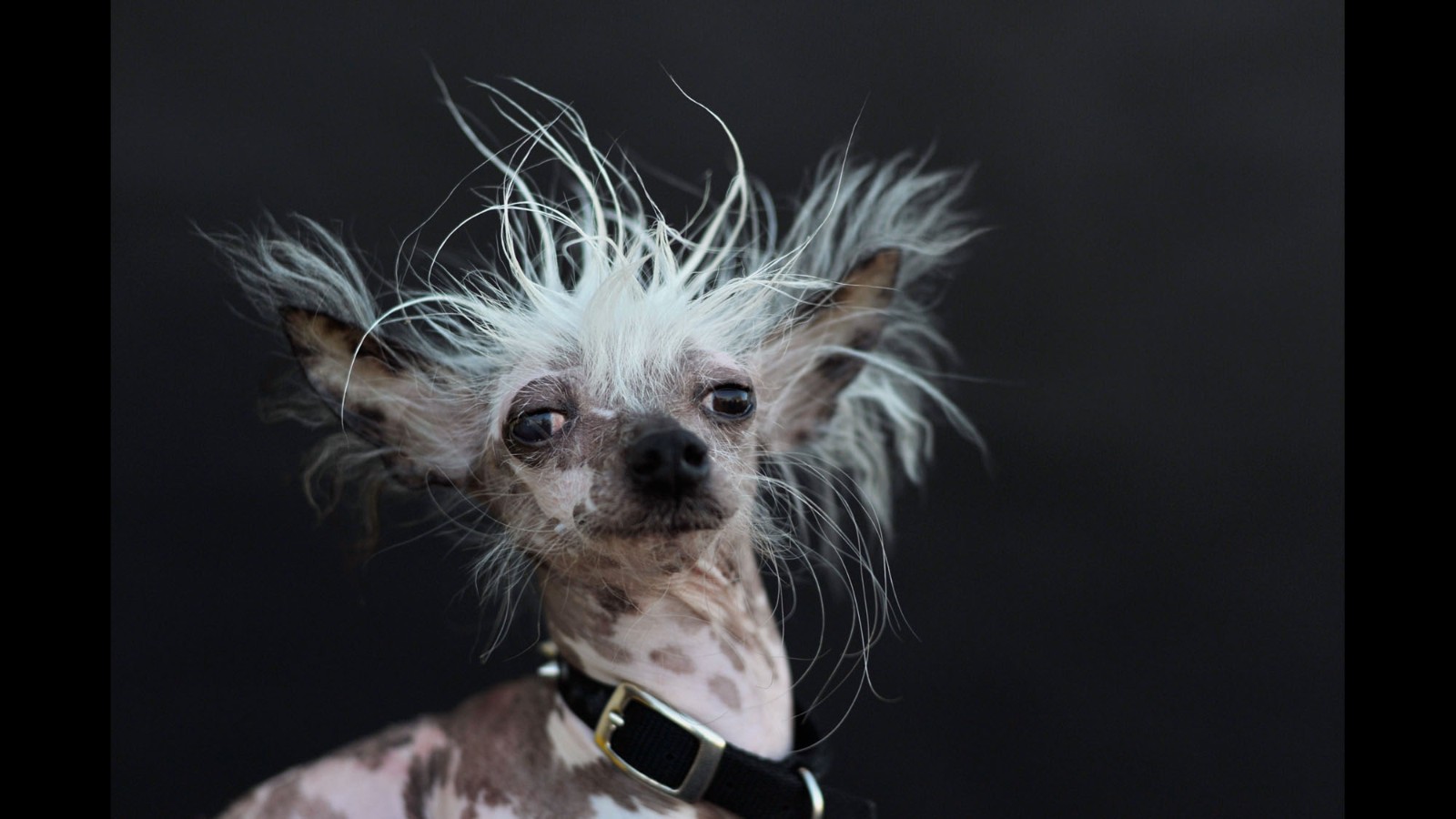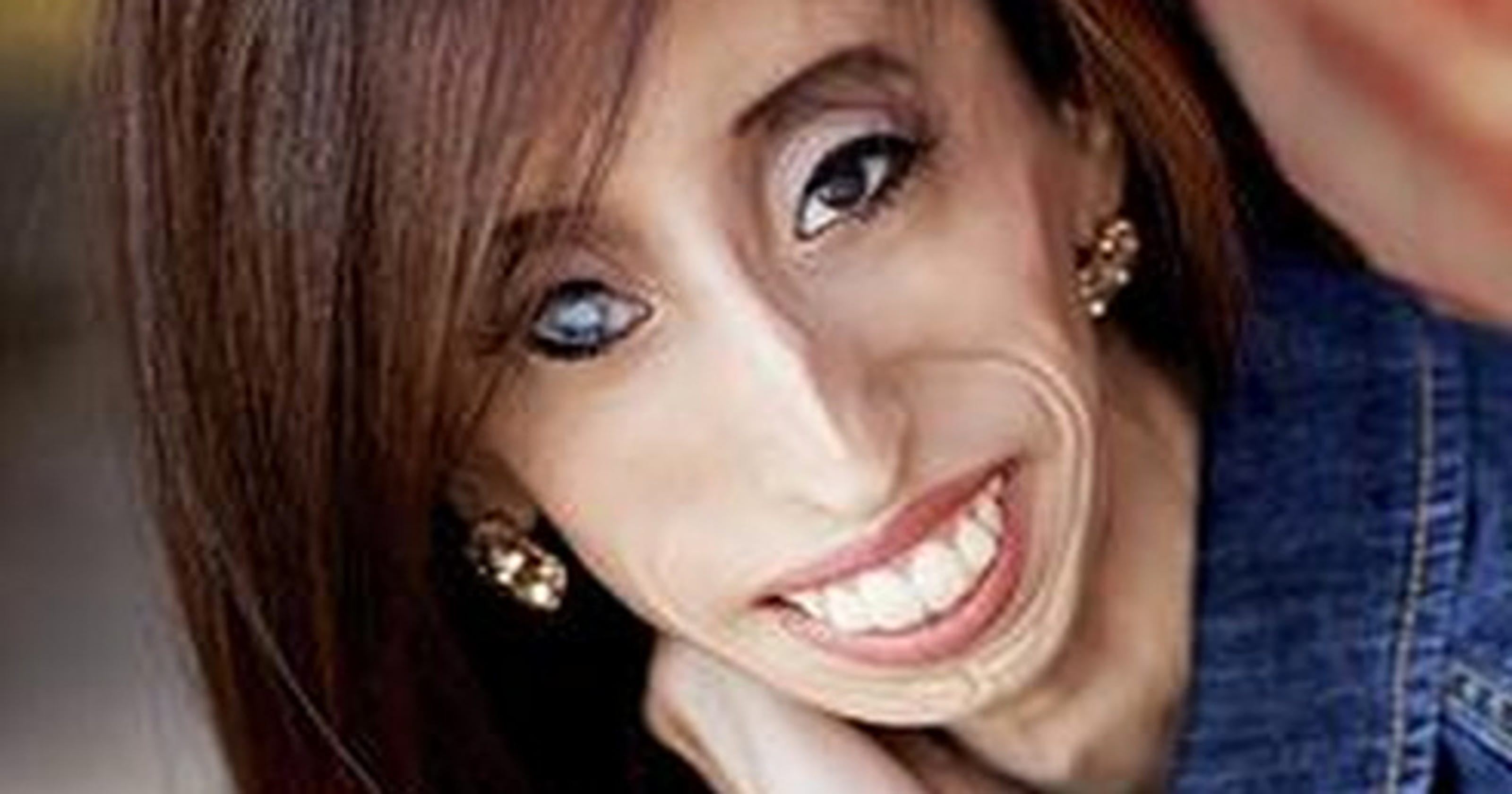Have you ever wondered about the concept of beauty and how it shapes our perceptions? The idea of "the most ugliest people" might sound harsh, but it opens up a fascinating conversation about societal standards and human diversity. In today's world, where social media often dictates what's considered attractive, it's essential to explore this topic with an open mind. Let's dive into the complexities of appearance and uncover the truth behind this controversial subject.
When we talk about "the most ugliest people," we're not just discussing physical features. We're delving into the psychology of how humans perceive beauty and ugliness. This topic challenges us to rethink our biases and embrace individuality. It's not about finding fault; it's about understanding the broader picture of human experiences.
Before we go any further, let's clarify something important. This article isn't meant to offend or belittle anyone. Instead, it aims to educate and inspire readers to look beyond surface-level judgments. So, buckle up for a thought-provoking ride as we explore the world of perceptions, biases, and the beauty of imperfection.
Read also:Red Dragonborn Names Unveiling The Majestic Titles Of Fire And Fury
Understanding the Concept of Ugliness
In the grand scheme of things, what does "ugly" even mean? Is it purely a physical trait, or does it extend to personality and behavior? The term "the most ugliest people" often gets thrown around without much thought, but it carries significant weight. Society has a way of labeling individuals based on appearance, which can lead to harmful stereotypes and discrimination.
Breaking Down Societal Standards
Societal standards play a massive role in shaping our perception of beauty and ugliness. From magazine covers to Hollywood blockbusters, we're bombarded with images of "perfect" people. But guess what? These ideals are often unattainable and unrealistic. It's time to break free from these constraints and celebrate diversity in all its forms.
- Media influences perceptions of beauty.
- Cultural differences affect what's considered attractive.
- Physical appearance shouldn't define a person's worth.
The Psychology Behind Beauty and Ugliness
Psychologists have long studied the relationship between appearance and perception. Turns out, our brains are wired to make quick judgments based on visual cues. But here's the kicker: these judgments aren't always accurate. When we label someone as "ugly," we're often projecting our own insecurities and biases onto them.
Why Do We Judge Based on Looks?
Humans are naturally drawn to symmetry and proportion because they signal health and fertility. However, this doesn't mean that asymmetrical features are inherently bad. In fact, many people find unique traits more appealing because they stand out. It's all about perspective, my friend.
Famous Faces Often Misjudged as "Ugly"
Believe it or not, some of history's most iconic figures were once considered unattractive. Take Marilyn Monroe, for example. Her curvy figure and freckles weren't exactly runway material in the 1950s, but she became a global sensation. This goes to show that beauty is subjective and evolves over time.
A Table of Famous Misjudged Personalities
| Name | Year Born | Notable Achievements |
|---|---|---|
| Marilyn Monroe | 1926 | Iconic actress and model |
| Vincent van Gogh | 1853 | Renowned painter |
| Charles Darwin | 1809 | Father of evolutionary biology |
Challenging Stereotypes and Biases
Stereotypes and biases are like pesky mosquitoes that keep buzzing in our ears. They influence how we perceive others and can lead to unfair treatment. But here's the thing: everyone has their own story, and appearances don't tell the whole tale. It's time to challenge these outdated notions and embrace people for who they truly are.
Read also:What Does Nfs Mean In Text A Deep Dive Into The World Of Modern Messaging
Steps to Overcome Bias
- Practice active listening to understand others' perspectives.
- Expose yourself to diverse cultures and communities.
- Reflect on your own biases and work to dismantle them.
The Role of Social Media in Shaping Perceptions
Social media has revolutionized the way we interact with one another. While it offers countless opportunities for connection, it also perpetuates unrealistic beauty standards. Platforms like Instagram and TikTok often showcase edited images and highlight reels, making it easy to feel inadequate. But remember, what you see online isn't always the full picture.
How to Navigate Social Media Mindfully
Here are a few tips to help you consume social media content more mindfully:
- Follow accounts that promote body positivity and diversity.
- Take breaks from social media when needed.
- Remember that everyone has flaws, even influencers.
Embracing Imperfection
Imperfection is what makes us human. No one is perfect, and that's okay! In fact, it's more than okay—it's beautiful. Embracing our flaws allows us to connect with others on a deeper level and fosters a sense of community. So, the next time you catch yourself thinking about "the most ugliest people," remind yourself that everyone has value, regardless of appearance.
Quotes on Imperfection
Let's take a moment to reflect on some wise words about imperfection:
- "Imperfection is beauty, madness is genius, and it's better to be absolutely ridiculous than absolutely boring." – Marilyn Monroe
- "The most beautiful people we have known are those who have known defeat, known suffering, known struggle, known loss, and have found their way out of the depths." – Elisabeth Kübler-Ross
Celebrating Diversity in All Forms
Diversity is the spice of life, my friend. It's what makes our world so vibrant and interesting. From different skin tones to varying body shapes, every individual brings something unique to the table. By celebrating diversity, we create a more inclusive and accepting society for everyone.
Ways to Promote Diversity
- Support businesses owned by marginalized communities.
- Engage in conversations about race, gender, and sexuality.
- Attend cultural events and learn about traditions beyond your own.
Conclusion: Redefining Beauty
As we wrap up this article, it's clear that the concept of "the most ugliest people" is far more complex than it seems. Beauty isn't just skin-deep; it's about character, kindness, and authenticity. By challenging societal norms and embracing diversity, we can create a world where everyone feels valued and appreciated.
So, here's my call to action for you: share this article with a friend, start a conversation about beauty standards, or simply take a moment to reflect on your own biases. Together, we can make a difference and redefine what it means to be beautiful.
Table of Contents
- Understanding the Concept of Ugliness
- The Psychology Behind Beauty and Ugliness
- Famous Faces Often Misjudged as "Ugly"
- Challenging Stereotypes and Biases
- The Role of Social Media in Shaping Perceptions
- Embracing Imperfection
- Celebrating Diversity in All Forms
- Conclusion: Redefining Beauty
Remember, life's too short to waste time judging others based on appearances. Let's focus on what truly matters and build a world where everyone feels loved and accepted. Cheers to embracing the beauty of imperfection!


